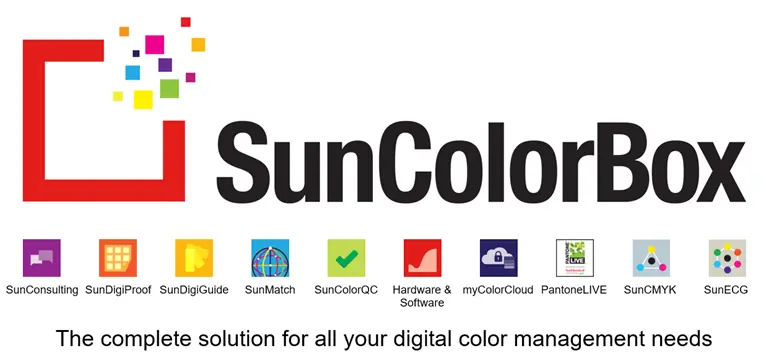Innovations in Gravure Ink Technology: Driving Efficiency and Sustainability in Indian Printing Industry
Gravure printing, known for its high-quality reproduction and vibrant colours, has long been a preferred choice for various printing applications, including packaging, publications, and decorative materials. One key aspect that makes gravure printing a popular technique is gravure ink, a specially formulated ink for consistent printing.
Due to the growing consumer expectations for visually appealing packaging, gravure ink manufacturers must produce inks that offer vibrant colour production at faster speeds and greater turnaround times. As a result, the gravure ink industry is witnessing various innovations in ink technology that can help printers drive efficiency and sustainability in their business.
This article will explore gravure inks and the latest innovations driving the industry.
Gravure Inks
Gravure inks are used in the gravure printing technique, which involves transferring the engraved image on a cylinder directly to the surface material. Created using solid resins, rich pigments, volatile solvents, and additives, gravure inks typically come in water-based formulations that make them both eco-friendly and cost-effective. The pigment gives the ink its colour, while the solvents and resins are used to add viscosity and adhesion properties to the gravure ink formulation.
Gravure inks are known for their high viscosity, which allows them to spread evenly on the printing cylinder and produce consistent results on the substrate. Additionally, the ink typically has faster drying times, which helps prevent print smudging or smearing during the production process, making the print job highly precise and clear.
Moreover, printers can effectively adjust the drying time by using the right resins and solvents or adding drying agents in the ink formulation.
Within the gravure printing technique, the ink offers high print quality and faster printing processes, making it a simple and precise process ideal for volume printing across applications and industries. Thanks to their vibrant and sharp image production, gravure inks are commonly used in the packaging, publishing, advertising, and decorative materials industry.
-
Sustainable Ink Formulation
One of the notable advancements in gravure ink technology is the development of eco-friendly formulations. As consumers become more environmentally conscious, printers increasingly opt for inks that minimise their carbon footprint without compromising on print quality.
Gravure ink manufacturers have responded by introducing inks with reduced volatile organic compound (VOC) emissions and fewer hazardous chemicals, thus meeting sustainability goals. These eco-friendly formulations not only contribute to a healthier work environment but also support the industry's efforts towards sustainable practices.
-
Wider Applications with New Ink Technologies
Gravure ink is known for its versatility, speed, and precision, and the latest technological advancements can allow gravure ink manufacturers to cater to more industries and applications. Advancements in engraving technologies offer greater precision to create sharper and more colour-rich prints.
Additionally, innovative ink formulations compatible with a wide range of substrates enable printers to explore new markets and applications, allowing diversification and growth within the industry.
-
Greater Precision
Innovations in gravure ink technology have also improved print performance and efficiency. New ink technologies have enabled smoother ink transfer and rich colour reproduction, producing sharper images and finer details.
This level of precision is particularly advantageous for high-volume printing applications, such as packaging and publishing, where consistent quality is key. Additionally, advancements in drying technologies have reduced drying times and energy consumption, optimising production workflows and lowering operational costs.
-
Nanotechnology
Another innovation in gravure ink formulation is the use of nanotechnology to enhance the quality of ink. Nanoparticles in the ink formulation can help enhance the durability of the print job and make it more resistant to abrasion, oil, heat, and moisture.
Such technologies not only improve the life of the packaging print but also contribute to cost savings by eliminating the need for reprinting due to damage or fading.
-
Digital Integration
The integration of digital technologies has revolutionised the landscape of gravure printing. Digital gravure systems equipped with advanced color management tools digitise the various stages of the production process, offering printers unprecedented control over the printing process.
From color separation to production tracking, these digital solutions empower printers to streamline operations and minimise waste. This allows for faster production cycles and customised packaging, catering to the evolving demands of customers.
In the End
As the Indian printing industry embraces the digital transformation era, gravure ink technology remains at the forefront of innovation, driving efficiency and sustainability.
DIC India is leading these changes in the industry with its range of high-quality ink solutions for various applications and industries. From packaging materials to graphics and printing, DIC India's gravure inks, flexo inks, inkjet inks, and more provide precise, rich, and durable prints.
















